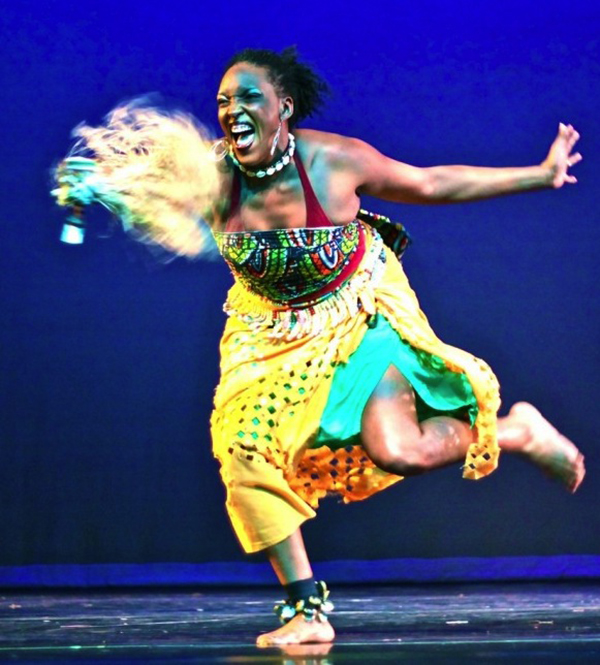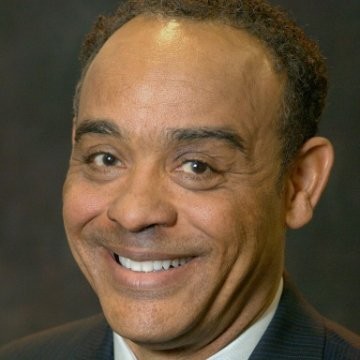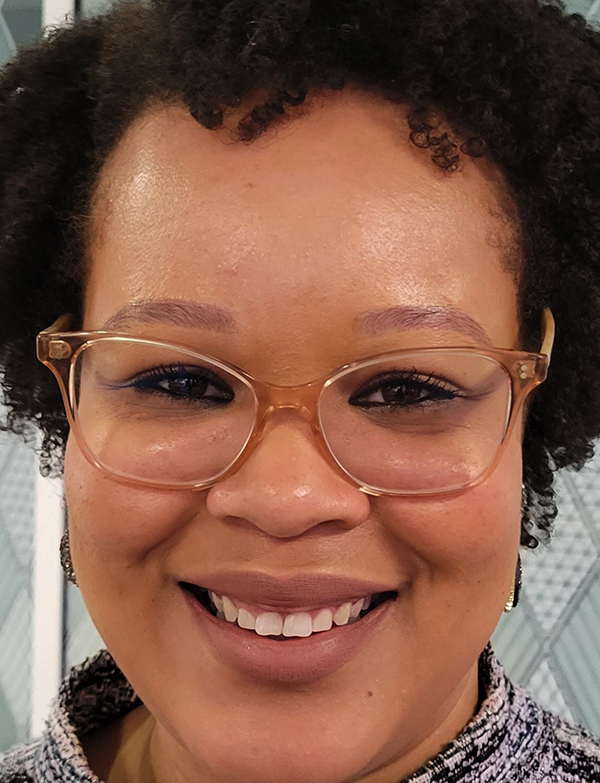L.A. must address poverty in Black community alongside immigrant aid: The Hutchinson Report

Within the space of 24 hours last week, Los Angeles Mayor Karen Bass and the county Board of Supervisors announced a package of aid and support programs for immigrants and immigrant rights groups. The funding for the programs will come from public and private sources.
The move by Bass and the supervisors is in part driven by compassion for and the need to aid immigrants almost literally under the gun from prowling, assaultive agents from Immigration and Customs Enforcement, a division of the U.S. Department of Homeland Security. The move to assist immigrants was driven in greater part by the genuine need to provide funds and programs to stave off harsher impoverishment from the sweeps and raids of businesses and workplaces by ICE agents. Their action was compassionate and the politically right move.
However, their immigrant assistance act prompted this writer and others to call upon Bass and the supervisors to take a fresh look at the mounting poverty and need among many African Americans in Los Angeles. I made the plea to L.A. city and county officials the day after Bass and the supervisors announced their stepped up immigrant assistance program.
I chose one street in particular to make the plea because I had passed it many times and noted the number of African Americans in various states of destitution on that corner and street. They were there again that day.
The human toll that poverty wreaks on many Black Angelenos is staggering. I see it almost daily as I drive through the streets of South L.A. There are the encampments, the trash and broken-down furnishings littering many streets, the aimless sitting and walking the streets of many jobless Blacks. Many of them are on walkers and in wheelchairs. Many more battle the endless array of physical and mental disabilities.
The human toll of poverty on L.A. Blacks is hardly new. It has been documented repeatedly in surveys and reports. One is the report by the United Way of Greater Los Angeles in 2023. It is entitled the “State of Black L.A. Report.” Now bear in mind this study was made during the Biden presidential years when the economy and the number of jobs hit near all times highs. Trump is well on the way to reversing those gains with his draconian cuts of job, health and education and assistance programs and his monster tax giveaway to major corporations and the super-rich.
The United Way Study examined five key areas of economic public policy. They are income, poverty, unemployment, health outcomes, Housing instability and homelessness. The results and conclusions should not come as a surprise. What was surprising though was how abysmal the numbers were and how badly African Americans in L.A. fared in comparison to other groups.
It found that Black income was much lower than any other group in the city. It found that a sizable percentage of Blacks live below the official poverty line. This was a far higher percentage than any other group.
It found that Black joblessness was far higher than any other group in the city. It found that Blacks were far more likely to face housing instability, if not outright homelessness, than any other group in the city. It found that Blacks were far more likely to experience chronic illnesses, have less access to quality health care, and were more likely to be exposed to environmental hazards than any other group in the city.
The report drew the less than starting conclusion: “These disparities are not random but are a result of systemic and interpersonal anti-Black racism.”
That final statement of fact could be mailed in. It has been repeated so often in countless studies, reports and surveys on Black impoverishment. The culprit is stubborn intransigent, calculated and deep-seated racism. Specifically anti-Black racism.
Unfortunately, whether locally or nationally, the issue of poverty and what to do about it has fallen way off the national radar chart during the past few decades. There was a momentary effort during the President Barack Obama years to jumpstart public dialogue and political focus on the issue of chronic poverty in America.
That happened because the number of those in poverty had begun to inch higher annually. This made it an issue that was increasingly and embarrassingly harder to ignore. But that’s exactly what happened. The issue quickly faded from public discussion.
But the poor were not going away. In major cities such as L.A., the poor, particularly the homeless poor, have become more visible and numerous. That helped ram the issue of poverty back in the public face. In no city has that been more the case than in L.A. Many of the city’s streets look increasingly like old, impoverished streets of Kolkata, India. Many of those living on those streets are disproportionately African American.
So, the mayor and supervisors have made major commitments to use public and private monies to aid and assist immigrants threatened by ICE and impoverishment from that. That is commendable. Now take the next step and commit to a crash aid and assistance program for L.A.’s neediest residents: the Black poor.
Earl Ofari Hutchinson is an author and political analyst. His forthcoming book is “Why Trump Can War on Immigrants” (Middle Passage Press). He also is the host of the weekly The Hutchinson Report Facebook Livesteamed.





